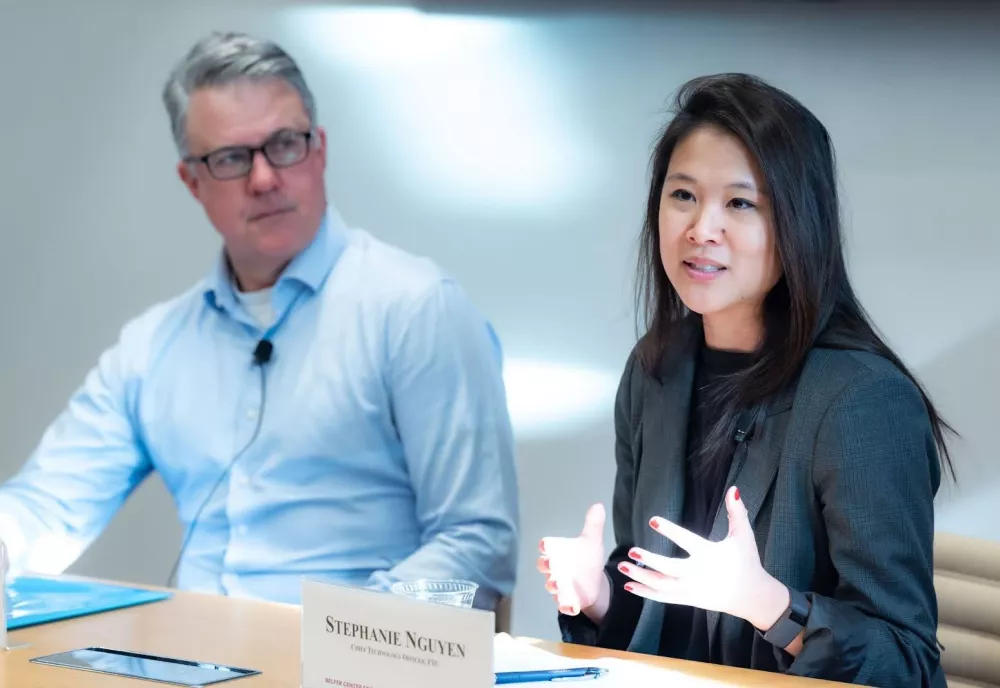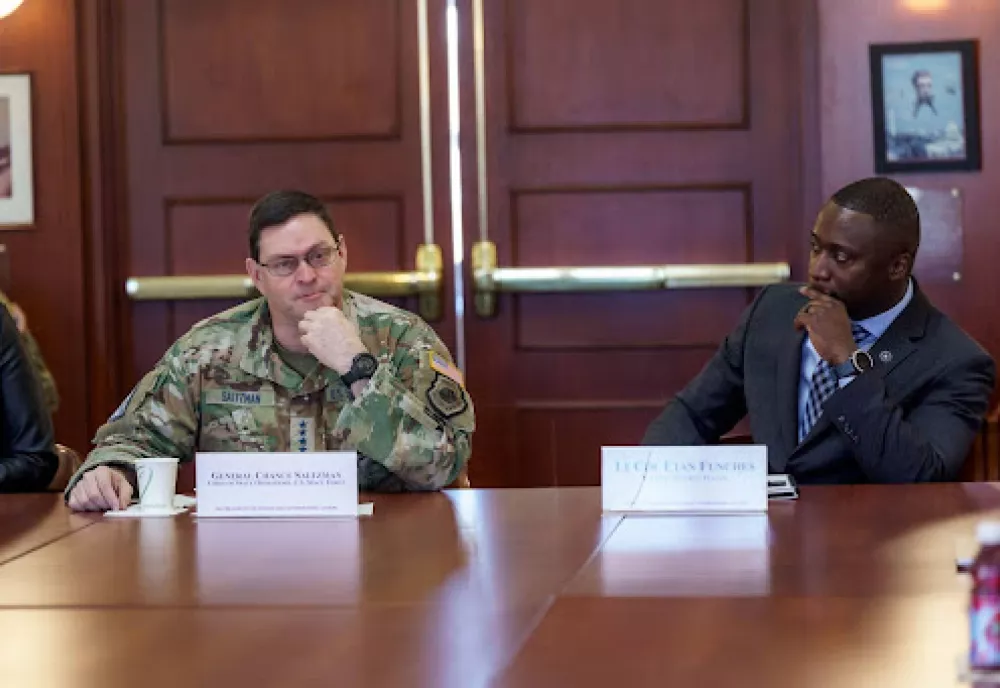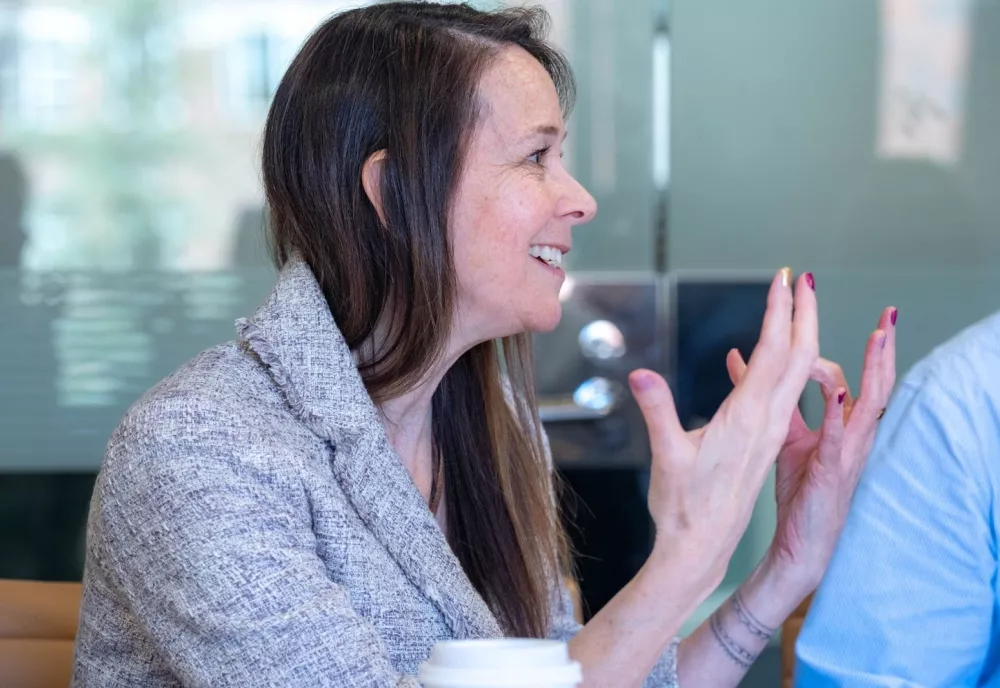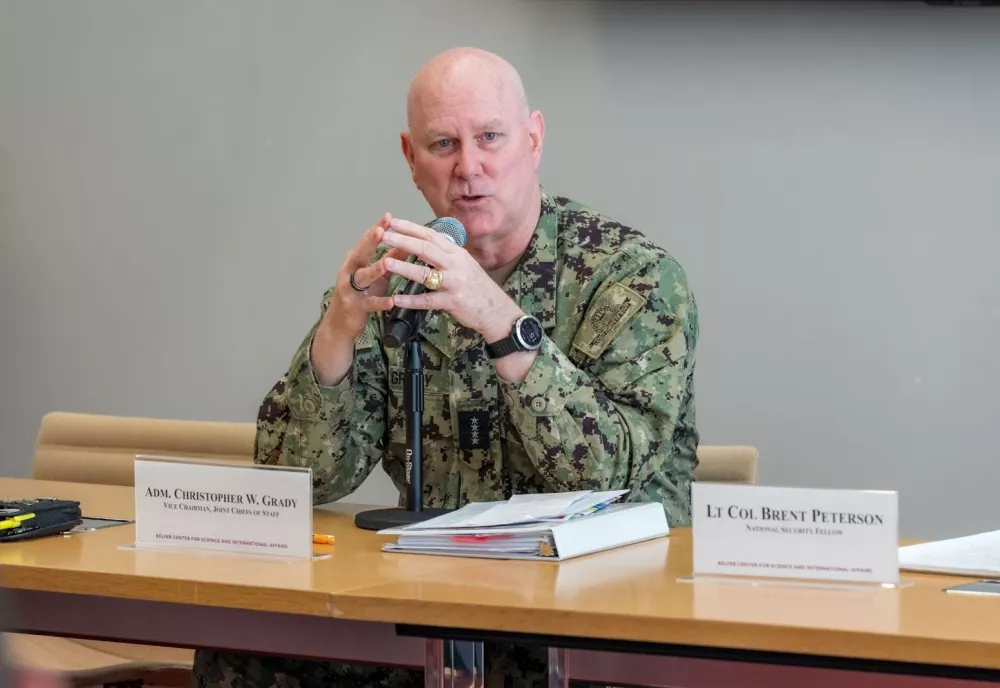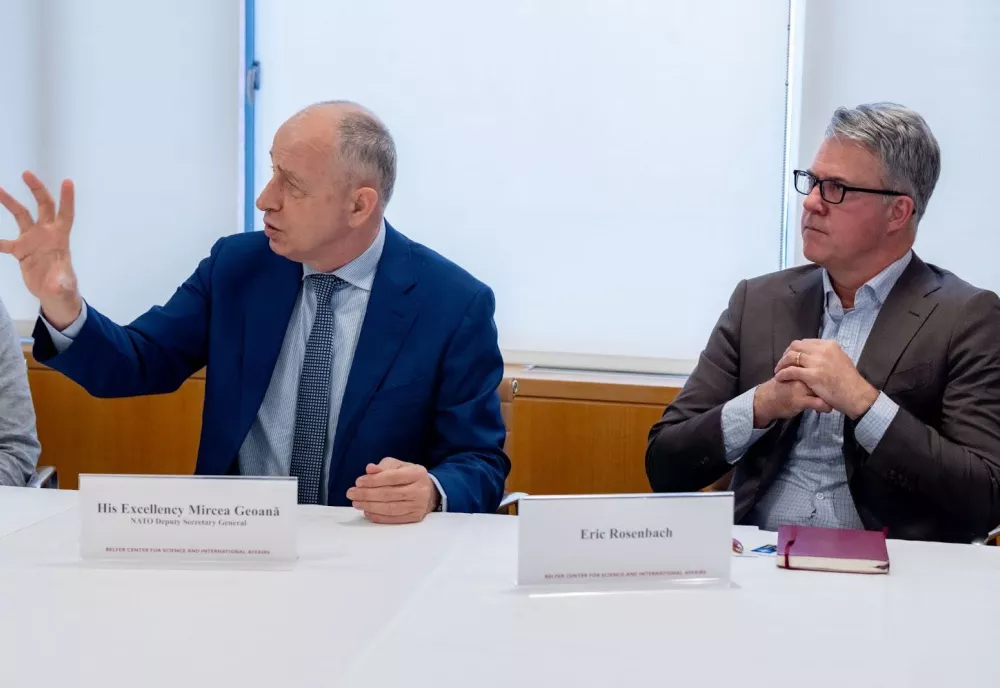
Programming Highlights
Our Vision
The first tenet of the DETS program focuses on defense policy issues, ranging from the future of European security architectures to strategies for developing plans and capabilities to defend Taiwan.
The program also focuses on new technologies that have emerged as pivotal to the future of international security. Advances in space, artificial intelligence, autonomous systems, digital currencies, and synthetic biology bring complex risks. The need for a new generation of technology-savvy policy, strategy, and leadership in these areas is evident.
Finally, the program seeks to improve public sector strategy execution of security initiatives in the international arena. Too often, well-conceived strategies –particularly those related to technology– fail because of poor implementation. The program seeks to bolster the research into and practice of successful public sector strategy execution.
Focus Areas
The three focus areas of the program each come with their own unique set of issues and questions:
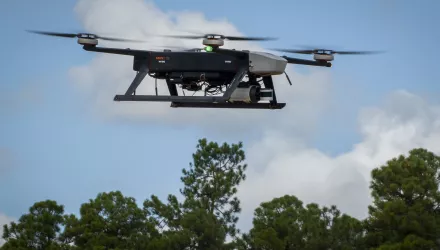
Recent Publications
The Defense, Emerging Technology, and Strategy (DETS) program has a dual mission to (1) advance policy-relevant knowledge and strategy on the most important challenges at the intersection of security and emerging technology; and (2) prepare future leaders
Critical and Emerging Technologies Index
From Defense, Emerging Technology, and Strategy


